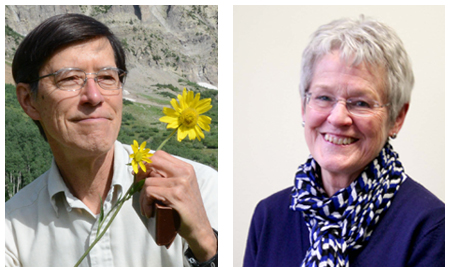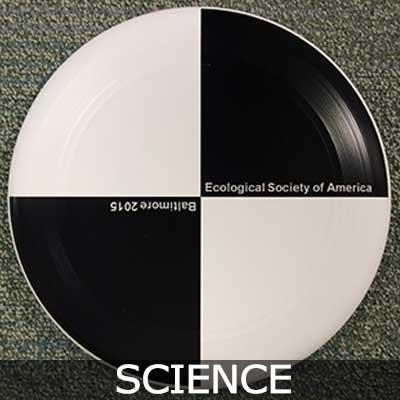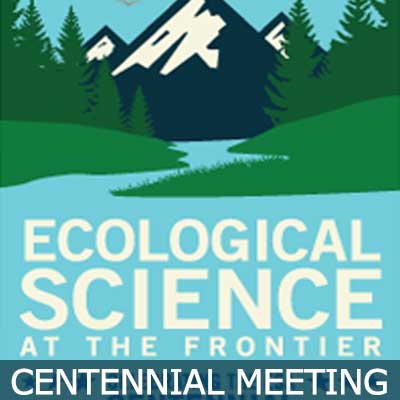Celebrating Our Past & Looking to Our Future
2015 Annual Report
Welcome
The Ecological Society of America is the world’s largest professional organization of ecological scientists. ESA’s 10,000 members work in academia, government and in the private sector to improve society’s understanding and stewardship of life on Earth. Members’ work addresses threatened and endangered species, alternative energy, sustainable agriculture and fisheries, emerging diseases, climate change and many other important issues.
The Society works to broadly share ecological information through policy and media outreach, education and diversity initiatives and projects that link the ecological research and management communities and help integrate ecological science into decision-making. ESA also organizes scientific conferences and publishes high-impact journals.
Ecology in a Changing World
The Ecological Society turned 100 in 2015. When the society was founded in 1915, ecology was a new field, still defining its scope as a discipline rooted in the study of the relationships of organisms to each other and their environment. The last century has seen the development of the foundations of ecological theory. The discipline continues to expand its boundaries with new ideas, new experimental tools, and the recruitment of young scientists from previously excluded social groups.
Far from all the ecological questions being answered over the past 100 years, ecologist are peering into the next 100 years asking questions such as “Who is the face of ecology in the new millennium? Where do ecologists work and what research questions engage the community? How will ecology bring science to bear on the environmental problems of our age?” Ecological scientists at the peak of their careers and those just starting out comment on the state of the discipline as the society enters its second century.
Story, photography & production by Benjamin Drummond/ Sara Joy Steele. Music by Michael Brook. Copyright 2015 Ecological Society of America.







